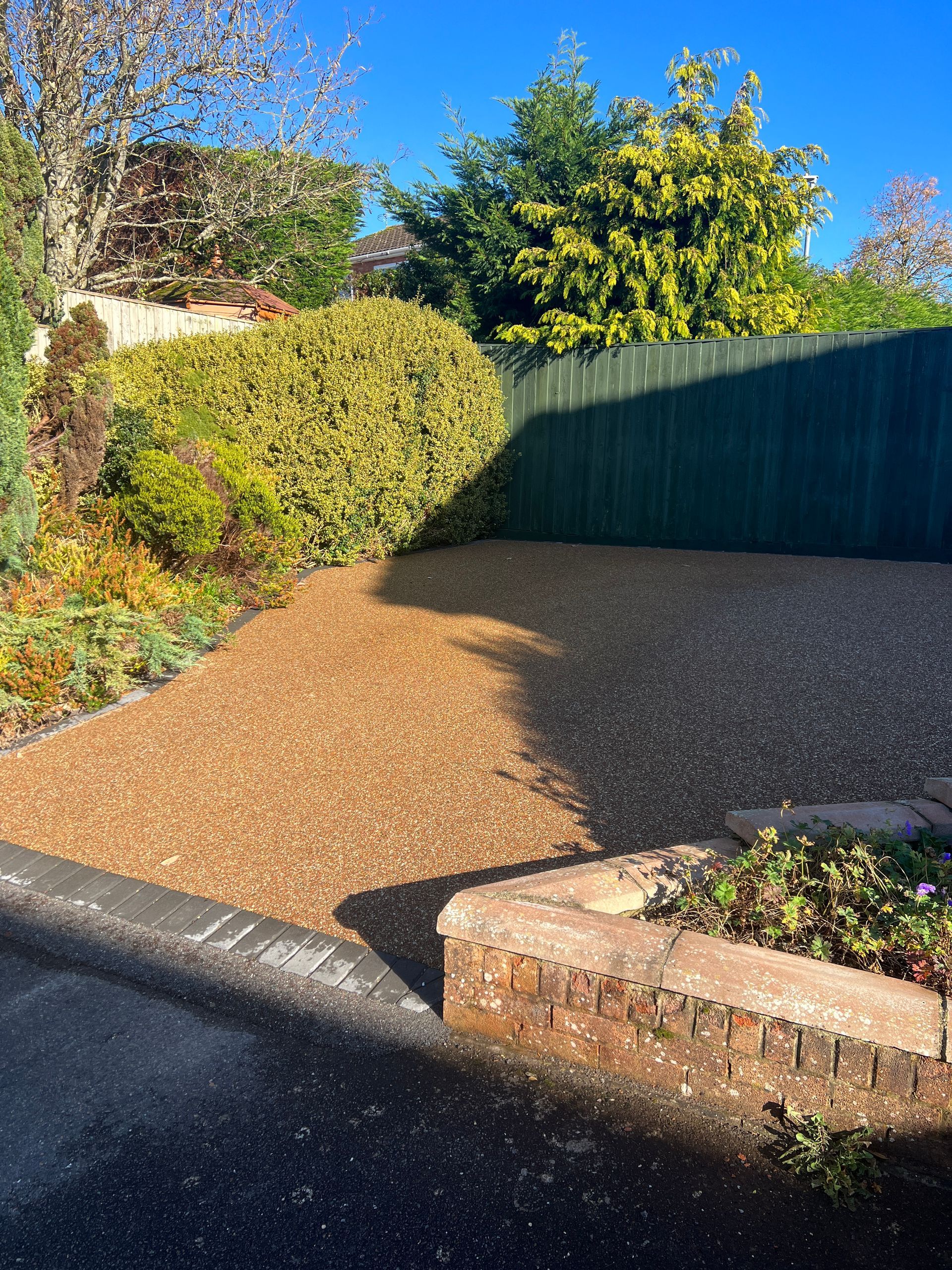Understanding How Temperature Changes Impact Resin Driveways

Resin driveways are popular for homeowners due to their durability and aesthetic appeal. However, like any outdoor surface, they are subject to the whims of the weather. Understanding the effects of resin driveway temperature is crucial for maintaining their longevity and performance.
Impact of Temperature Fluctuations
One of the primary concerns with resin driveways is
temperature fluctuations. As temperatures rise and fall, the materials in the driveway expand and contract. This
thermal expansion can lead to minor shifts in the surface, which, if not managed properly, might cause cracking over time.
Cold Weather Challenges
Cold weather conditions can pose significant challenges to resin driveways during colder months. The
resin driveway freeze-thaw cycles can lead to water seeping into small cracks, which expand when frozen, potentially causing further damage. Ensuring proper drainage and sealing can mitigate these effects, preserving the driveway's integrity.
Heat Resistance and Seasonal Changes
In warmer climates,
resin driveway heat resistance is a critical factor. High temperatures can soften the resin, leading to surface impressions or slight deformations. Selecting a resin mix designed for high heat tolerance can help maintain the driveway's appearance and functionality.
The
climate impact of resin driveways is also evident through
seasonal changes. Each season brings its own set of challenges, from heavy rains to dry spells, all of which affect the driveway's condition. Regular maintenance and inspections can help address these issues before they become significant problems.
Enhancing Durability
To maximise
resin driveway durability, it's essential to consider the local climate when planning installation. Using high-resin driveway weather-resistant materials can significantly extend the driveway's life. Additionally, regular cleaning and sealing can prevent minor issues from escalating, ensuring the driveway
remains both functional and visually appealing.
In conclusion, while resin driveways are resilient, understanding and addressing the effects of temperature changes can help maintain their condition. Considering these factors, homeowners can enjoy a beautiful and durable driveway throughout the year.




